There were some very good presentations at the weekend’s event, but we’ll focus on one theme only: environmental history. Standout speakers here included Susan Lawrence, co author of Sludge– disaster on Victorian Goldfields (a book which should be compulsory reading for all heritage buffs), and local ecologist Paul Foreman. Paul’s presentation began bluntly:
‘…It is timely to reflect on the Gold Rush’s full legacy – not just the claim that the Victorian goldfields were the cradle of modern Australia economically (i.e. wealth generation) and culturally (i.e. mass global immigration, in part the origin of the Australian ‘fair go’ and so on), but also that the gold rush “obliterated” the natural environment (ECC 1997) and further entrenched Aboriginal dispossession, vilification and oppression (Cahir 2012). Now I should say the word “obliterated” is not my words – it’s a direct quote from a systematic environmental assessment by a Government Statutory Authority in the 1990’s). Even if it is a given that people accepted these sorts of consequences as an inevitable price to pay on the frontier and indeed today, it is also true that the full impacts remain largely misunderstood and/or ignored.’
After documenting the damage referred to above, Paul ended on a positive note, which we believe should underpin any World Heritage bid:
‘I think it is important not to gloss over the less savoury and inconvenient short and long term environmental and cultural impacts of a the Gold Rush; a seismic event that unleashed global humanity on an unsuspecting traditional society and delicate Gondwanan ecosystems with little understanding, consideration or constraint.
‘Accordingly, if we have learnt anything from history, the concept of redress (indeed justice) should become central to the World Heritage bid; not just an add on or rhetoric. (FOBIF emphasis)
‘Continuing to ignore these impacts – and in fact continuing to see them as an intractable part of the ‘historic fabric’ of the landscape – should no longer be an acceptable or prudent perspective.
‘Today we have the knowledge and wherewithal to act to address these crises, both because it is the right thing to do, but perhaps more importantly, because it would finally be in line with the vision of ‘forever’ that, if we are honest, we all take for granted but know in our hearts is really in jeopardy.
‘Thus it behoves us – this generation – to act!
‘The future of course isn’t set in stone so we have an opportunity to create a new trajectory of recovery for the Box Ironbark Forests and Woodlands so severely impacted by the Gold Rush.
‘Arguably restoration should have commenced a long time ago, but it’s never too late.. Consequently, I would like to call for a campaign to leverage resourcing on the back of the World Heritage bid to further develop and scale up effective landscape restoration solutions that complement the bid’s broader aims.
‘I think the World Heritage bid represents a great opportunity to build a more positive environmental legacy from here on. . One that is completely in line with the primary aims of awareness, education and thriving regional communities and towns. I look forward to the discussions, collaborations and transformative (indeed healing) actions ahead.’


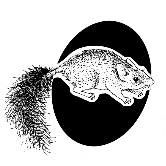
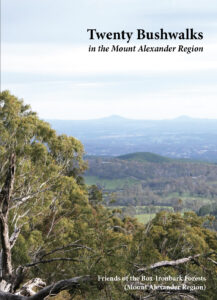
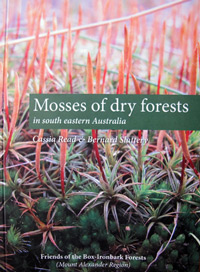 Click on image for info/order page
Click on image for info/order page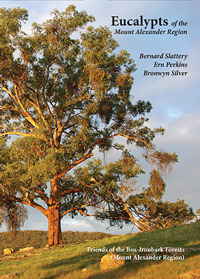 Click on image for info/order page
Click on image for info/order page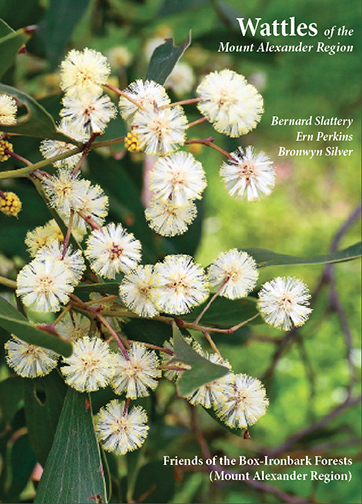 Click on image for info/order page
Click on image for info/order page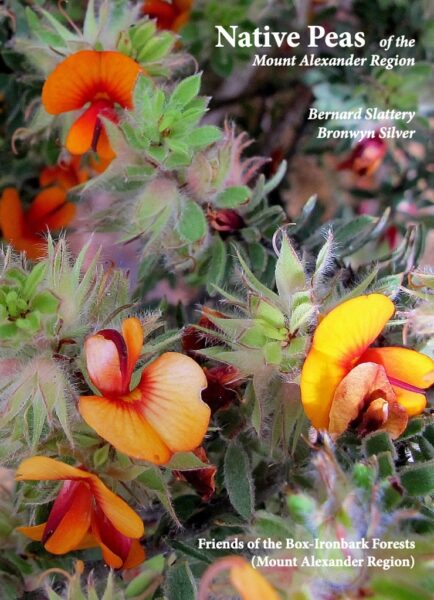
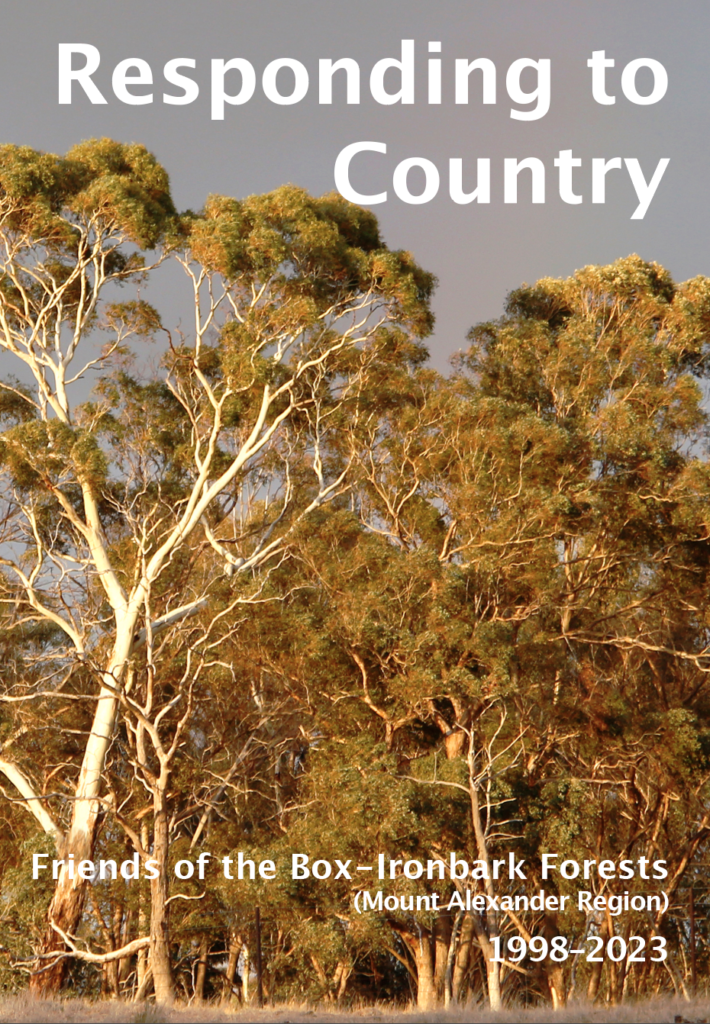


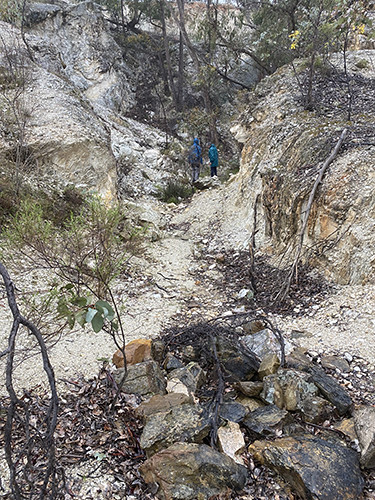



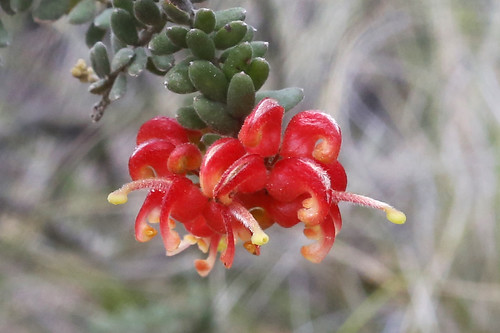













Great summary Bernard. I want to feel hopeful that ecological restoration could be a meaningful part of the World Heritage Bid but without much precedent and the likely lack of legislation around restoration commitments from the bid, it’s hard not to feel skeptical that when push comes to shove, the ecological restoration won’t get side lined.